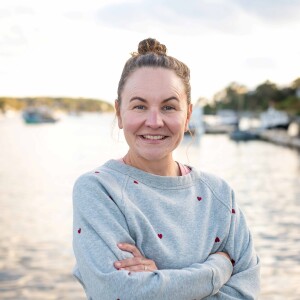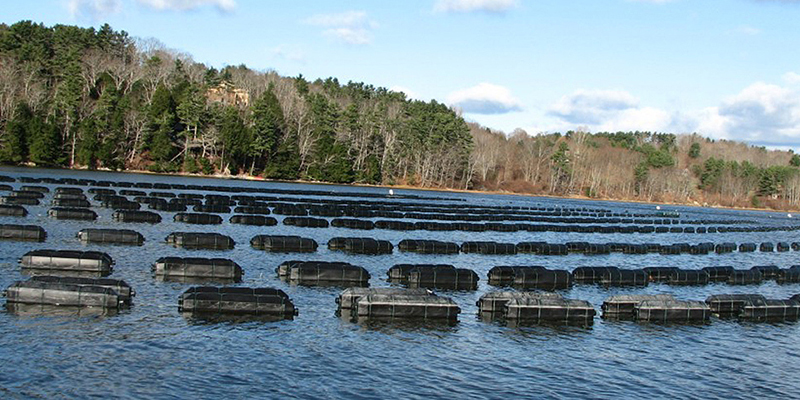What are sustainability and resiliency? These words are quickly used, and rarely defined, to describe everything from seafood and fishing to the environment and development.
For some communities along the coast of Maine, sustainability and resiliency imply the ability to adapt to fluctuating fisheries, an evolving environment and a shifting coastal population. The need for adaptability and innovation in fisheries is increasing as development and tourism threaten access to the waterfront.
Portland fishermen are worried about waterfront hotel development while being told there are no fisheries left. Shellfish farmers are also wrangling for an opportunity to harvest on the water. Is this a no-win situation for seafood harvesters?
Mere Point Oyster Co. in Brunswick is owned and operated by Dan Devereaux and Doug Niven. In the last year, the company produced more than 25,000 oysters. The owners would like to expand to meet increasing demand. They have applied for a 40-acre oyster farm in an area of 8 to 21 feet of water among the 3,000 acres of Maquoit Bay. For reference, 40 acres is about 30 football fields, and 3,000 acres is about 2,273 football fields. Mere Point is facing opposition from a group calling themselves the Maquoit Bay Preservation Group; they have hired a lawyer to represent them regarding their biggest complaint: the size of the operation.
The preservation group has also hired a public relations firm to help them spin their complaints into something that might be considered legitimate criticisms. For example, their website claims, “The resulting environmental impact to the water quality, fish, lobster, clam health and shorebird populations may be devastating… There is no evidence that this company has considered this or has any expertise or staff to manage this.”
Yet the staff does have experience. They have been operating the business for three years, and Devereaux has served as the harbormaster and Marine Resources officer in Brunswick since 1999. The Portland Press Herald produced an article about Devereaux in early 2017 (“Dan Devereaux watches over the waters in Brunswick”) commending him for his dedication to his job and the environment.
Devereaux and Niven have also satisfactorily completed their 60-plus-page application for the Department of Marine Resources, in which they have to investigate the impacts of the proposed lease area to essential habitats and endangered species.
Maine’s waterfront and waters have traditionally been used for industry and transportation. But more recently, this demand for pristine views has hindered progress and growth for some waterfront industries. This also has Devereaux concerned about the next generation.
“My partners and I have children that are of college age,” he says. “And they would prefer to remain living and working locally.” Devereaux also sees aquaculture farms as an opportunity to educate and create awareness about the health of the ocean.
“I have been part of an increased shellfish aquaculture awareness campaign, teaching teenagers the many opportunities provided by shellfish aquaculture: rising ocean temperatures, increasing number of predators, acidification, sea level rise, channel widening, increased phytoplankton blooms, and decreasing wild shellfish landings; we truly believe our small bays are at risk and the next generation can be a solution to keeping our bays healthy. If they are given the opportunity to participate.”
The Department of Marine Resources is responsible for the approval or denial of an aquaculture proposal, and the factors they consider are existing and potential use, proximity to riparian owners, and proposed activities and site management.
When work opportunities for the next generation, cleaner waters, and traditional business use are opposed by new Maine residents seeking a clear view of the water, it’s easy to measure which comes first.
You can’t have your pristine waterfront and eat your oysters, too.







